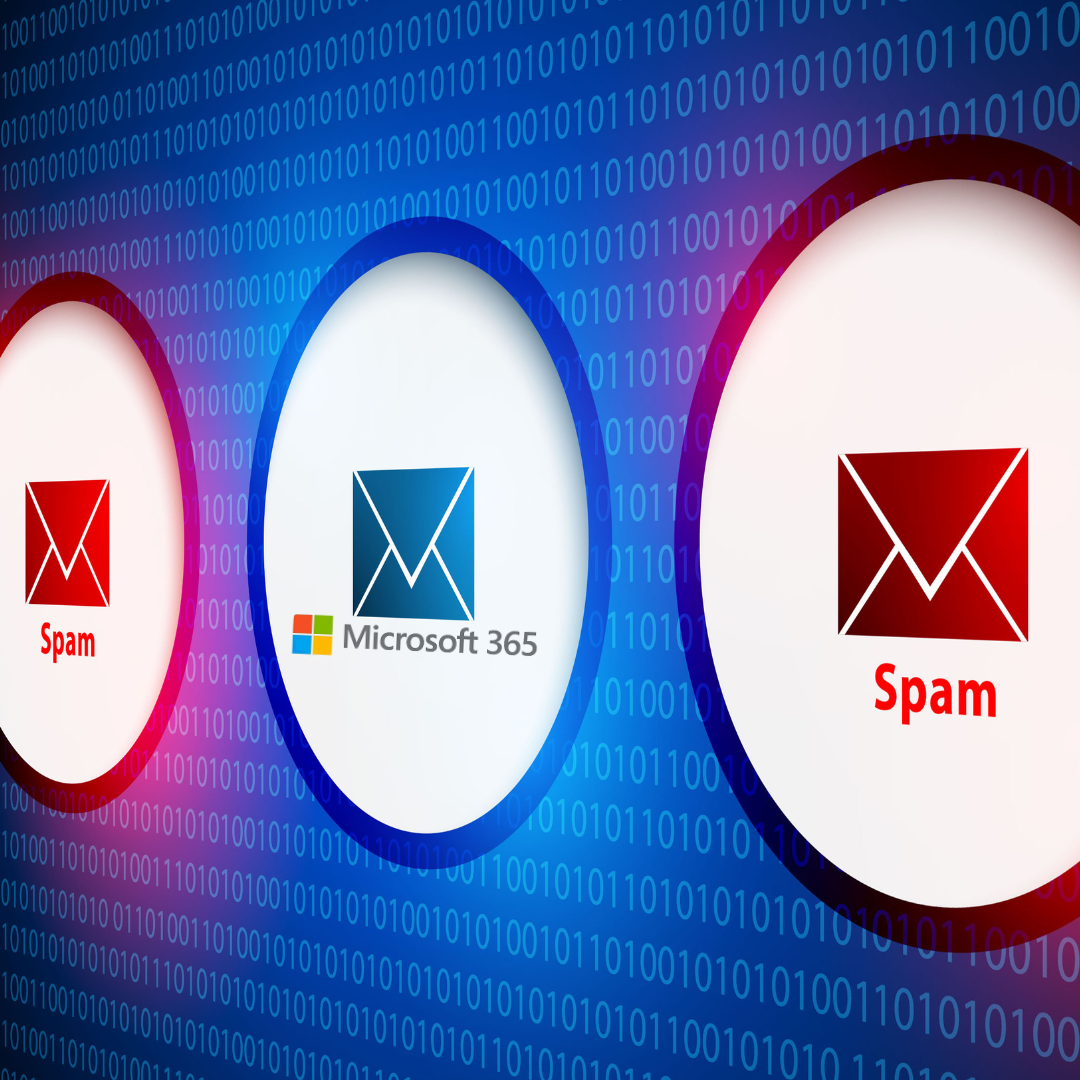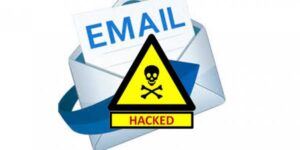Microsoft 365 is widely known for its productivity tools, collaborative features, and cloud convenience. With its built-in email hosting via Outlook, many businesses believe they’re fully protected from email-based threats. But here’s the catch: Microsoft 365 alone doesn’t guarantee bulletproof email security.
In fact, assuming that it does can leave your business vulnerable to phishing, ransomware, spam, and compliance issues.
RELATED: Why Microsoft’s Exchange Online Protection (EOP) is Not Enough
Let’s break it down:
1. Basic Protection Isn’t Enough Anymore
Microsoft 365 offers standard protection tools like spam filters, malware detection, and data loss prevention. While helpful, these default settings don’t account for cybercriminals’ ever-evolving tactics. Hackers know businesses use Microsoft 365. They test and fine-tune their phishing techniques to slip past its defenses. Relying solely on Microsoft’s built-in filters is like locking your front door but leaving open windows.
2. Phishing Attacks Are Getting Smarter
Microsoft’s reports show that phishing remains the #1 threat to organizations using 365. Attackers use lookalike domains, social engineering, and hijacked business conversations to trick even the most cautious users. Without advanced threat detection, your inbox becomes an easy target. These attacks often bypass standard filters because they don’t include obvious links or attachments.
3. No Email Archiving = Compliance Risk
Most businesses must meet industry-specific data retention or compliance regulations (like GDPR, HIPAA, or local laws). However, Microsoft’s default retention settings don’t guarantee long-term, tamper-proof email storage. Recovering past emails for legal or audit purposes can be a nightmare and costly without a secure email archiving solution.
4. Account Takeovers Are a Real Threat
Cybercriminals are no longer just targeting your inbox—they want full access to your Microsoft 365 account. Once inside, they can:
- Send emails as you
- Access confidential files
- Change rules to auto-forward emails
- Stay undetected for months
Standard MFA (Multi-Factor Authentication) helps, but takeovers can go unnoticed without additional monitoring and alerts until real damage is done.
5. Limited Backup Capabilities
Here’s a little-known fact: Microsoft operates under a shared responsibility model. This means you’re responsible for backing up your data, not them.
Accidental deletion, ransomware, or system failure can permanently erase critical emails unless you have a separate, reliable backup system in place.
So, What Can You Do?
Relying on Microsoft 365 for email security is like buying a car without insurance. It works—until something goes wrong.
To protect your business, consider:
- Advanced email filtering to block targeted threats
- Email archiving to ensure compliance and easy retrieval
- External backup solutions to protect against data loss
- User training to build a security-aware culture
- Monitoring tools for account compromise alerts
MailSafi + Microsoft 365: The Power Combo You Need
READ ALSO: Comparing MailSafi vs. Microsoft Office 365 vs. Google Workspace
At Mailsafi, we offer an advanced cloud-based email security, archiving, and continuity service that integrates seamlessly with Microsoft 365.
- Real-time email protection against phishing, spoofing, and ransomware
- Tamper-proof archiving for compliance and peace of mind
- Email continuity to keep communications running during outages
- Daily backups to secure your data, no matter what happens
Microsoft 365 is a powerful productivity tool, but it was never designed to be a complete email security solution. As threats become more sophisticated, businesses must take a layered approach to protecting their communications. Do not compromise: Combine Microsoft Office 365 with industry-leading, cost-effective spam filtering and a full-fledged email security solution.
MORE ON THIS: Save Cost with a Hybrid of MailSafi + Microsoft 365
Don’t wait until it’s too late. Strengthen your Microsoft 365 email with MailSafi today.
📩 Ready to learn more? Contact us at info@kaluari.com or visit www.kaluari.com.
![]()




